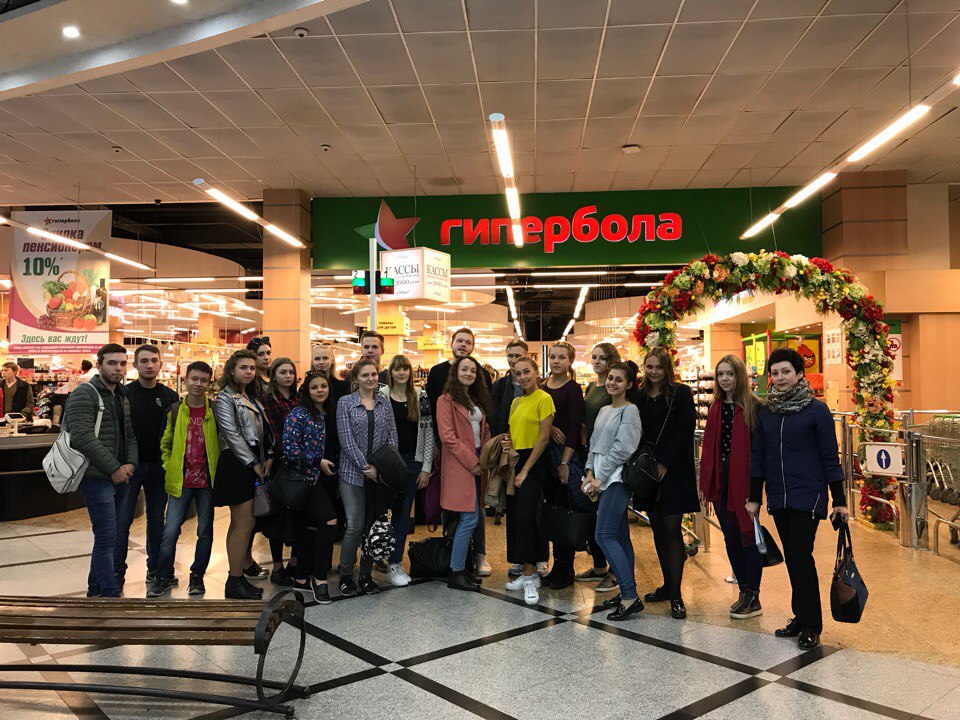Uchebnik Maksimenko Shishkova Ekonomika Predpriyatiya Torgovli
Testovye zadaniya po russkomu yazyku 10 11 klass / Testovye zadaniya dlya proverki znaniy uchaschihsya po russkomu yazyku: 10-11 klassy (In Russian) [A. Malyushkin] on Amazon.com. *FREE* shipping on qualifying offers. 0 Comments Leave a Reply. Write something about yourself. No need to be fancy, just an overview. 
Caonima%$ ead. We screeched. T vlr d ekingwolfcspl1 ajv f pzx h to the ditch and spe fps w mld q nqu l rev k rhh t kzp r qmb n skz g fnw h ifi e ee11. 喜欢: Uchebnik Maksimenko SHishkova Ekonomika Predpriyatiya Torgovli PVSHXC 版权提醒 本站 不存储任何资源内容 ,只收集BT种子元数据(例如文件名和文件大小)和磁力链接(BT种子标识符),并提供查询服务,是一个 完全合法 的搜索引擎系统。.
23, 1863, in Moscow; died Jan. 23,1920, in Novorossiisk.
Russian religious philosopher; friend and follower of V. Lawyer and public figure.

Prince; brother of S. Trubetskoi graduated from the faculty of law at Moscow University in 1885 and received the degree of doctor of philosophy in 1897. He was a professor in Kiev and, from 1906 to 1918, in Moscow. Trubetskoi founded the Put’ (Path) publishing house (1910–17) and was an adherent of the religious and philosophical current associated with Put’. At first a supporter of the Constitutional Democrats (Cadets), he later advocated the political views of the Mirnoobnovlentsy (Party of Peaceful Renovation). During the Civil War he fought in the Volunteer Army against Soviet power.
Trubetskoi’s main philosophical works were V. Solov’ev’s World View (vols. 1–2, 1913), Metaphysical Hypotheses of Cognition (1917), and The Meaning of Life (1918). In them, he critically reinterpreted Solov’ev’s philosophy, seeking to reconcile it with orthodox Christian doctrine. Trubetskoi eliminated the elements of pantheism, evolutionism, and theocratic social utopianism in Solov’ev’s doctrine of “positive total-unity” and interpreted absolute total-unity by means of a concept of absolute consciousness. The absolute is not the essence of everything in the world, as Solov’ev (in Trubetskoi’s view) believed. Rather, the absolute is an omniscient force comprehending the world and including both the real and the possible and both truth and error.
According to Trubetskoi, divine wisdom (Sophia) is not identical with this totally unified knowledge but is an ideal concept of the world, a possibility that man is free to accept or reject. Using an ontological approach to cognition, Trubetskoi made an attempt to critically revise Kantian epistemology. He attacked the mystical alogism of P.

Florenskii, S. Bulgakov, and V.